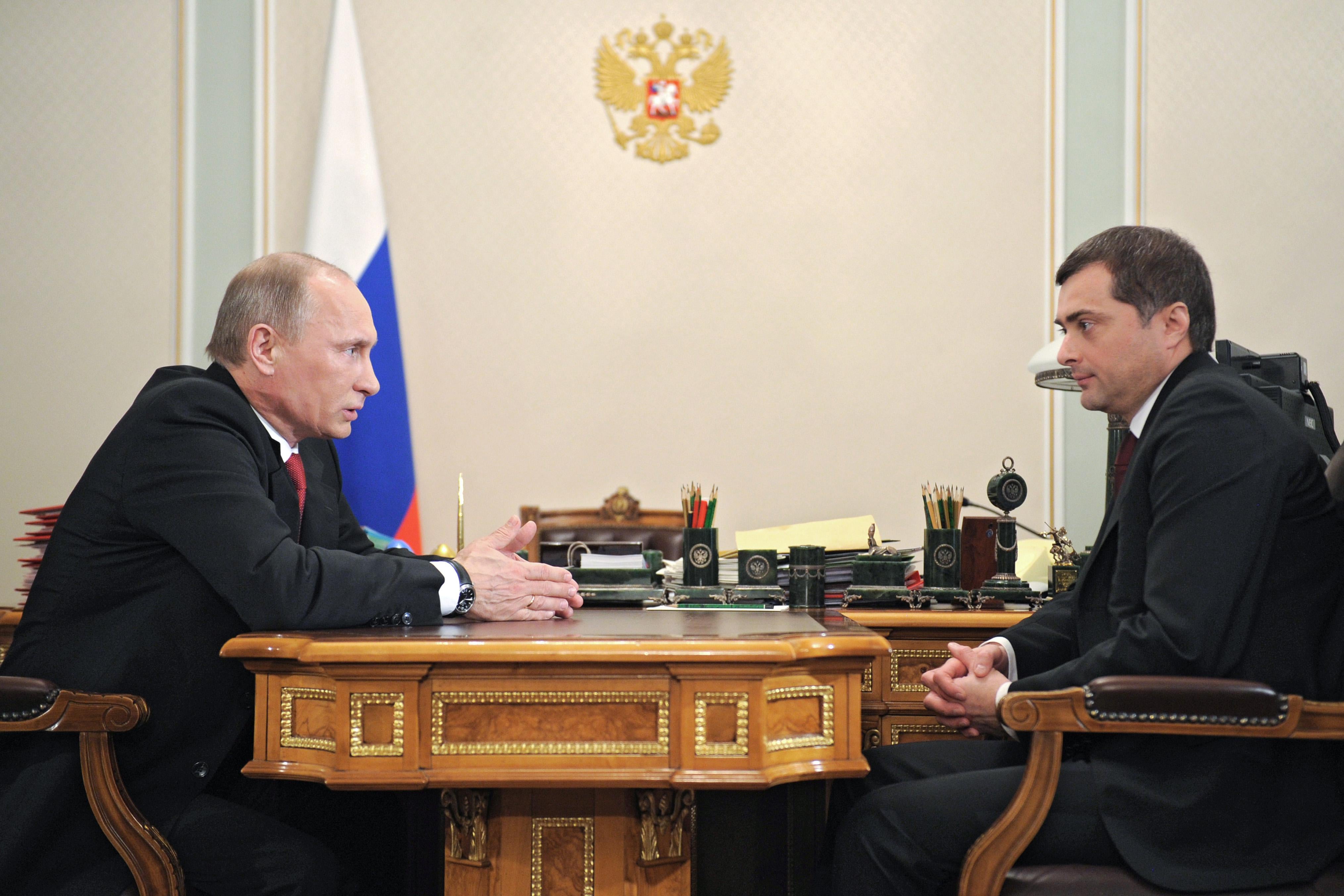Among the many striking passages in special counsel Robert Mueller’s indictment against the Kremlin-linked Internet Research Agency and other Russian individuals for interference in the 2016 U.S. presidential election is the description of how the defendants allegedly sponsored both pro- and anti-Trump rallies shortly after his election:
After the election of Donald Trump in or around November 2016, Defendants and their co-conspirators used false U.S. personas to organize and coordinate U.S. political rallies in support of the president-elect Trump, while simultaneously using other false U.S. personas to organize and coordinate U.S. political rallies protesting the results of the 2016 U.S. presidential election. For example, in or around November 2016, Defendants and their co-conspirators organized a rally in new York through on ORGANIZATION-controlled group designed to “show your support for President-Elect Donald Trump” held on or about November 12, 2016. At the same time, Defendants and their co-conspirators, through another ORGANIZATION-controlled group, organized a rally in New York called “Trump is NOT my President” held on or about November 12, 2016. Similarly, Defendants and their co-conspirators organized a rally entitled “Charlotte Against Trump” in Charlotte, North Caroline, held on or about November 19, 2016.
The notion of backing both the president and his ostensible opponents simultaneously is one that feels very reminiscent of Russia’s own “managed democracy.”
Specialists known as “political technologists” have been a feature of politics in Russia and other former Soviet countries since the early post-Communist parties. They are not quite the same as the “spin doctors” of democratic politics, or the blunter propagandists of totalitarian systems. Rather than just promoting their own favored candidates, they manufacture entire political narratives, including opposition, to keep them in power. As the British scholar Andrew Wilson puts it in his book Virtual Politics, the technologists act as “political meta-programmers, system designers, decision-makers, and political controllers all in one, applying whatever technology they can to the construction of politics as a whole.”
There’s some similarity to proud American political traditions like “astroturfing”—manufacturing fake grassroots movements—or “ratfucking,” using dirty tricks to undermine or discredit your opponents. (Roger Stone, confidant of Nixon and later Trump, is famous for doing things like sending donations to Nixon’s Republican rivals in the name of the Young Socialists Alliance. But the Russian variant is more precise and comprehensive.)
The best known political technologist today is Putin’s Tupac- and Allen Ginsberg–loving aide and chief ideologue Vladislav Surkov. Journalist Peter Pomerantsev describes the methods of Putin’s “grey cardinal” as follows:
One moment Surkov would fund civic forums and human-rights NGOs, the next he would quietly support nationalist movements that accuse the NGOs of being tools of the West. With a flourish he sponsored lavish arts festivals for the most provocative modern artists in Moscow, then supported Orthodox fundamentalists, dressed all in black and carrying crosses, who in turn attacked the modern-art exhibitions
Surkov recently took his postmodern provocateur act to a new extreme by writing a novel under a pseudonym (he denied, unconvincingly, being the author) that satirizes the Russian political system he himself created, then attacking the author under his own name in print.
In keeping with this philosophy, Russia’s own presidential elections for the past few cycles have been stage-managed affairs featuring increasingly decrepit candidates from the Communists and the Liberal Democratic Party (it is neither of those things) running against Putin’s United Russia but not really challenging him in any meaningful way. The added feature in this year’s election, which will be held in March, is Ksenia Sobchak, the socialite and reality star turned journalist who claims to be a liberal opposition candidate but has been derided by most of the actual Russian opposition as a Kremlin plant meant to siphon support from protest leader Alexei Navalny, whom the government barred from running.
The problem with governing a country this way is that it makes the politics inherently unstable. Fake opposition, if not carefully managed, can turn into real opposition. Patsy candidates can go rogue. Or, more likely, people can get so disillusioned with politics that they disengage entirely, undermining the government’s legitimacy.
On the other hand, if you’re using these tactics precisely to destabilize another country’s political system, as Russia allegedly tried to do during the U.S. election, it is comparatively easy. Just home in on the societal fault lines—race, religion, and class, usually—and press as hard as you can. And so, the Kremlin’s sponsored information operations apparently threw support behind right-wing authoritarians and antiwar leftists; white supremacists and Black Lives Matter activists; Trump supporters and Trump opponents.
Getting their preferred candidate into office was certainly a bonus, but the Russians’ main goal was more likely to destabilize—not “managed democracy” but “managed chaos.” It was an impressive feat, but to be fair, we were easy marks for it.
Also in Slate:
Mueller Indictment Documents Russian Effort to Suppress Turnout of Nonwhite Voters
The Russians Indicted for Election Meddling Will Never Face Consequences
It’s Going to Be Much, Much Harder for Trump to Fire Rod Rosenstein Now
